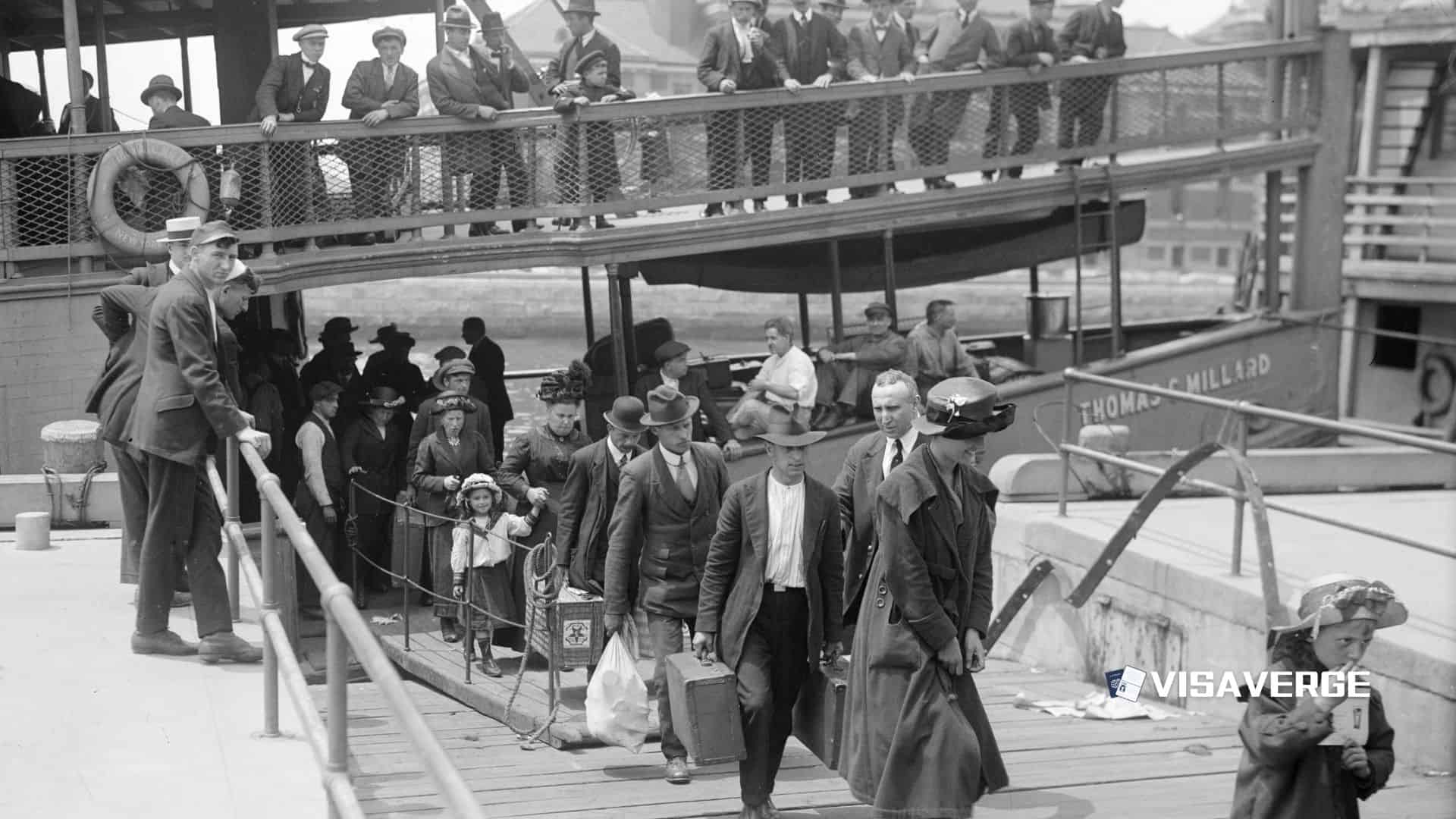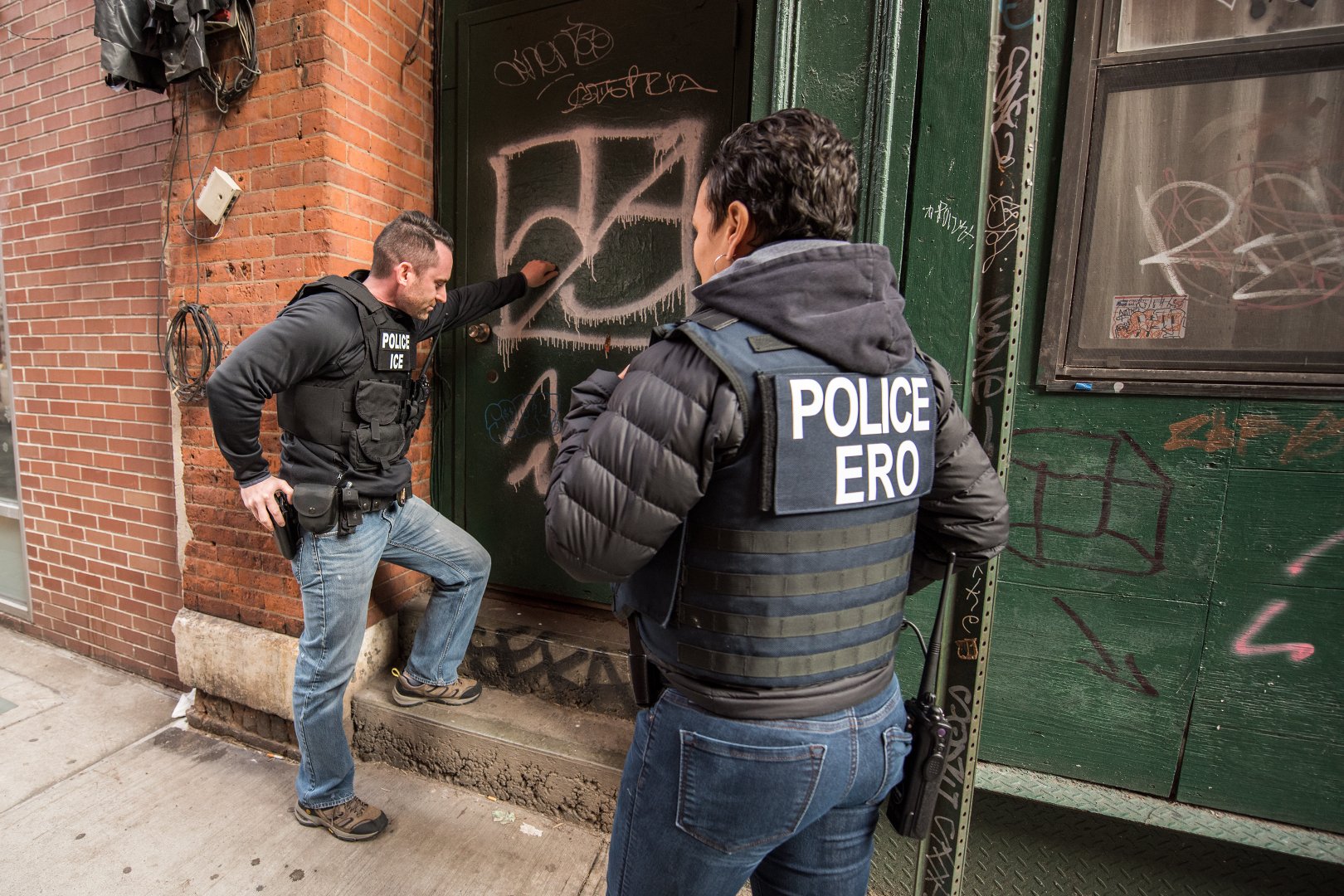Benin has taken a major step in addressing its historical role in the trans-Atlantic slave trade by passing a new law that grants citizenship to descendants of African slaves. This update explains the details of the law, how it works, who can apply, and what it means for people of African descent around the world. The law, known as Law No. 2024-31, is both a symbolic and practical move to reconnect the African diaspora with their ancestral homeland. Here’s a detailed look at what’s changed, how the process works, and what applicants can expect.
Summary of the Changes

As of July 30, 2025, Benin 🇧🇯 has enacted Law No. 2024-31, which goes into effect on September 2, 2024. This law allows people who are descendants of African slaves—specifically those whose ancestors were forcibly taken from Africa during the trans-Atlantic slave trade—to apply for Beninese citizenship. The law is designed to help people of African descent, especially those in the Americas and Caribbean, reconnect with their roots and gain full rights as citizens of Benin.
Key Details of the Law
Who is Eligible?
– Age Requirement: Applicants must be at least 18 years old.
– Descent: Only people of sub-Saharan African descent whose ancestors were forcibly deported during the trans-Atlantic slave trade can apply.
– No Other African Citizenship: Applicants must not already hold citizenship from another African country.
Proof of Ancestry
To qualify, applicants must show proof that they are descendants of African slaves. Acceptable forms of proof include:
– DNA Tests: DNA testing must be done by accredited institutions in Benin.
– Authenticated Testimonies: These are official statements from recognized authorities or elders that confirm family history.
– Family Records or Civil Status Documents: These can include birth certificates, family trees, or other legal documents that trace lineage.
Application Process
Benin has created a digital platform called My Afro Origins to make the application process easier for people living all over the world. The platform was launched on July 4, 2025. Here’s how the process works:
– Online Application: Applicants use the My Afro Origins portal to submit their documents and evidence.
– Application Fee: The fee to apply is $100.
– Verification: The platform helps the government verify the information and process applications efficiently.
For more information and to start the application, visit the official My Afro Origins portal.
Citizenship Rights and Obligations
Full Rights
Anyone who receives citizenship under this law will have full constitutional rights in Benin. This means they can:
– Vote in elections
– Own property
– Work and live freely in Benin
– Participate in all aspects of Beninese society
Residency Requirement
New citizens must live in Benin for at least three years after they become citizens. This rule is meant to help people truly reconnect with their ancestral homeland and become part of the community.
Oath of Allegiance
All new citizens must take a formal oath of allegiance. This is a promise to respect the Constitution of Benin and defend the dignity of the Republic.
Recent Developments and Symbolic Acts
On July 26, 2025, Benin held a special ceremony in Cotonou to celebrate the first group of people who received citizenship under the new law. One of the most well-known recipients was American R&B singer Ciara, who spoke about how meaningful it was to reconnect with her roots in Benin. President Patrice Talon personally handed out the citizenship certificates, saying that this law is not just a symbol but a real step toward healing the pain caused by the slave trade and helping people feel like they belong.
Justice Minister Yvon Détchénou called the law an act of justice and hope for the descendants of enslaved Africans. The event was widely covered and seen as a turning point in Benin’s relationship with the African diaspora.
Historical and Cultural Context
Benin 🇧🇯 played a major role in the trans-Atlantic slave trade. Ports like Ouidah and the Bight of Benin were key departure points for an estimated 1.5 million enslaved Africans who were sent to the Americas, including the Caribbean, Brazil, Haiti, and North America. This dark chapter in history has left deep scars, not only in Benin but also among the descendants of those who were taken.
The new law is part of a larger effort by Benin to face its past. In 1999, former President Mathieu Kérékou made a public apology for Africa’s role in the slave trade. Since then, Benin has worked with organizations like UNESCO to hold conferences and promote cultural diplomacy. These efforts have helped lay the foundation for the new citizenship law.
Practical Implications for Applicants
A Pathway to Reconnect
For many people of African descent, especially those in the Americas and Caribbean, this law offers a real chance to reclaim their heritage and become citizens of the land their ancestors came from. The digital platform makes it possible for people all over the world to apply without having to travel to Benin first.
Access to Rights and Opportunities
Citizenship in Benin means more than just a passport. It gives people the right to vote, buy property, and fully participate in society. It also opens doors for business, education, and cultural exchange.
Residency Requirement
The three-year residency rule encourages new citizens to spend real time in Benin, not just visit. This helps build stronger connections between the diaspora and the country, and it supports Benin’s goal of creating a more inclusive society.
Application Tips
– Gather as much family history as possible before applying.
– If using DNA testing, make sure to use an accredited institution in Benin.
– Prepare to show official documents or get testimonies from recognized authorities.
– Be ready to pay the $100 application fee through the My Afro Origins portal.
Expert and Stakeholder Perspectives
Tourism and Heritage
Tourism officials in Benin see this law as a way to boost heritage tourism. Many people of African descent want to visit the places where their ancestors lived and learn about their history. Sites like Ouidah, with its museums and memorials, are expected to attract more visitors who want to honor their ancestors and understand their journey.
Praise from Diaspora Groups
Groups representing the African diaspora have welcomed the law. They say it sets an example for other African countries to follow. By offering citizenship to descendants of African slaves, Benin is helping to repair the damage caused by the slave trade and giving people a sense of belonging.
Pan-African Identity
Some experts believe the law will help strengthen a sense of Pan-African identity. By bringing together people from different parts of the world who share a common history, Benin can help build new economic, social, and cultural ties.
Future Outlook and Anticipated Developments
Expanding the Program
The Beninese government plans to improve the My Afro Origins platform to handle more applications as interest grows. They are also working on outreach programs to let more people know about the new law.
Possible Dual Citizenship
There are talks about making agreements with other African countries to allow dual citizenship or make it easier for diaspora members to travel and live in Africa. This could help even more people reconnect with their roots.
Boosting Cultural Diplomacy and Investment
Benin hopes that by welcoming descendants of African slaves, it can attract more investment and cultural exchange from the diaspora. This could help the country grow economically and culturally.
Interest from Other African Countries
Other African nations are watching Benin’s move closely. Some are considering similar laws to welcome back descendants of African slaves and strengthen ties with the diaspora.
Case Study: Ciara’s Story
The experience of American singer Ciara highlights the emotional and practical impact of the new law. At the ceremony in Cotonou, she spoke about how meaningful it was to receive citizenship in Benin, the land of her ancestors. Her story has inspired many others to consider applying and has brought global attention to Benin’s efforts.
Challenges and Considerations
Proof of Ancestry
One challenge for many applicants is proving their ancestry. Records may be incomplete or lost, especially for families that have been separated for generations. DNA testing can help, but it must be done by approved institutions in Benin. Some people may need to rely on family stories or testimonies from elders, which can be harder to verify.
Residency Requirement
The three-year residency rule may be difficult for some people, especially those with jobs or families in other countries. However, it is meant to encourage real engagement with Benin and help new citizens become part of the community.
No Dual African Citizenship
Applicants who already have citizenship from another African country cannot apply. This rule may limit some people’s ability to take part, but it is designed to keep the focus on reconnecting with those who have lost all ties to Africa.
Official Resources and Contact Information
The My Afro Origins portal is the main place to apply for citizenship under the new law. It provides detailed instructions, lists of required documents, and updates on the process. For more information, applicants can also contact the Ministry of Justice or the Ministry of Foreign Affairs in Benin, which oversee citizenship matters.
To access the official application platform and get the latest updates, visit the My Afro Origins portal.
Conclusion and Next Steps
Benin’s new citizenship law is a historic move that offers real hope and opportunity for descendants of African slaves. It combines symbolic recognition of past wrongs with practical steps to welcome the African diaspora home. By providing a clear path to citizenship, full rights, and a digital application process, Benin is setting an example for other countries to follow.
If you believe you are eligible, start by gathering your family history and documents. Visit the My Afro Origins portal to learn more about the process and begin your application. Remember the $100 fee and the need for approved DNA testing or other proof of ancestry. If you are granted citizenship, be prepared to spend at least three years living in Benin and to take the oath of allegiance.
As reported by VisaVerge.com, this law is expected to have a lasting impact on Benin, the African diaspora, and the broader movement to address the legacy of the slave trade. It is a chance for healing, connection, and building a brighter future together.
For more details, always check the official Benin government website for the latest information and updates on the citizenship process.
Learn Today
Law No. 2024-31 → Benin’s legal act granting citizenship to descendants of African slaves, effective from September 2, 2024.
My Afro Origins → Digital platform launched by Benin for submitting citizenship applications and verifying ancestry documents globally.
Trans-Atlantic Slave Trade → Historical forced deportation of Africans to the Americas between the 16th and 19th centuries.
DNA Testing → A scientific method to prove ancestry using genetic analysis, required to be done by accredited Beninese institutions.
Oath of Allegiance → A formal promise new citizens take to respect Benin’s Constitution and uphold the Republic’s dignity.
This Article in a Nutshell
Benin has passed Law No. 2024-31 granting citizenship to descendants of African slaves, effective September 2024. Applicants prove ancestry via DNA or documents. Citizenship offers full rights, requires three years residency, and an oath of allegiance. This symbolic law fosters healing, cultural ties, and economic growth within the African diaspora worldwide.
— By VisaVerge.com













